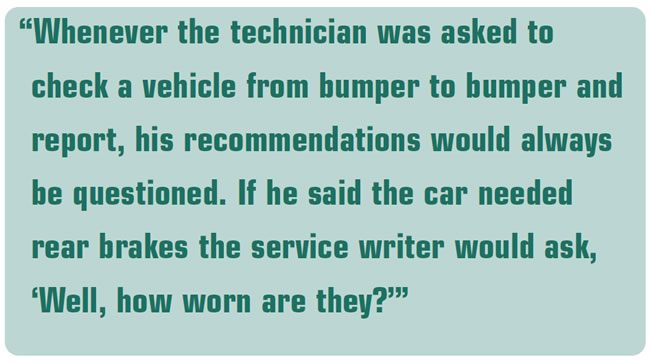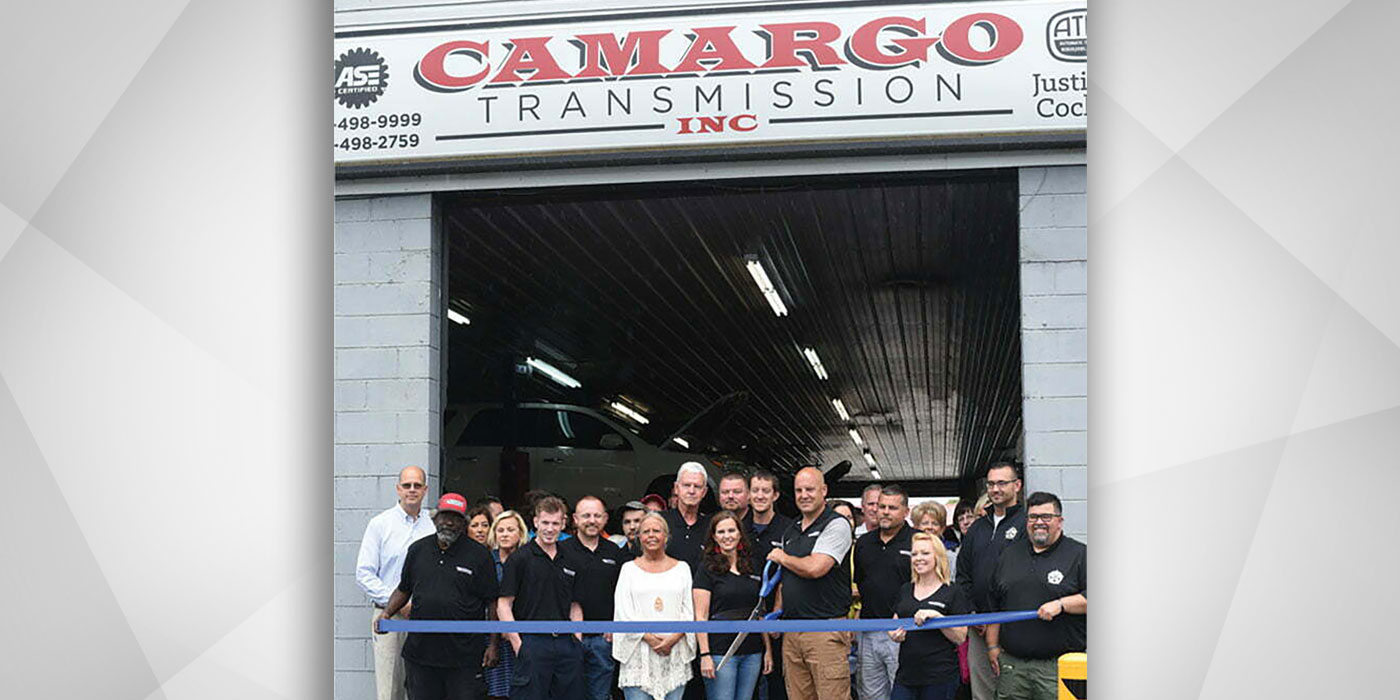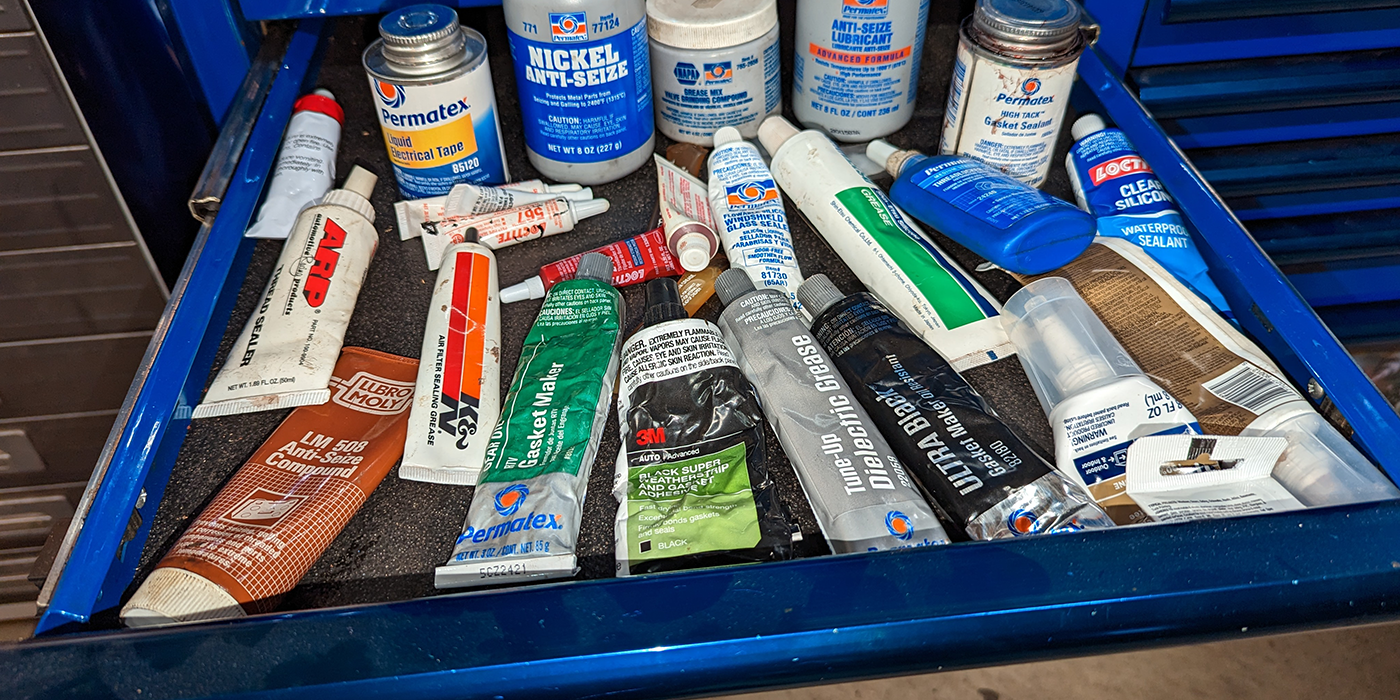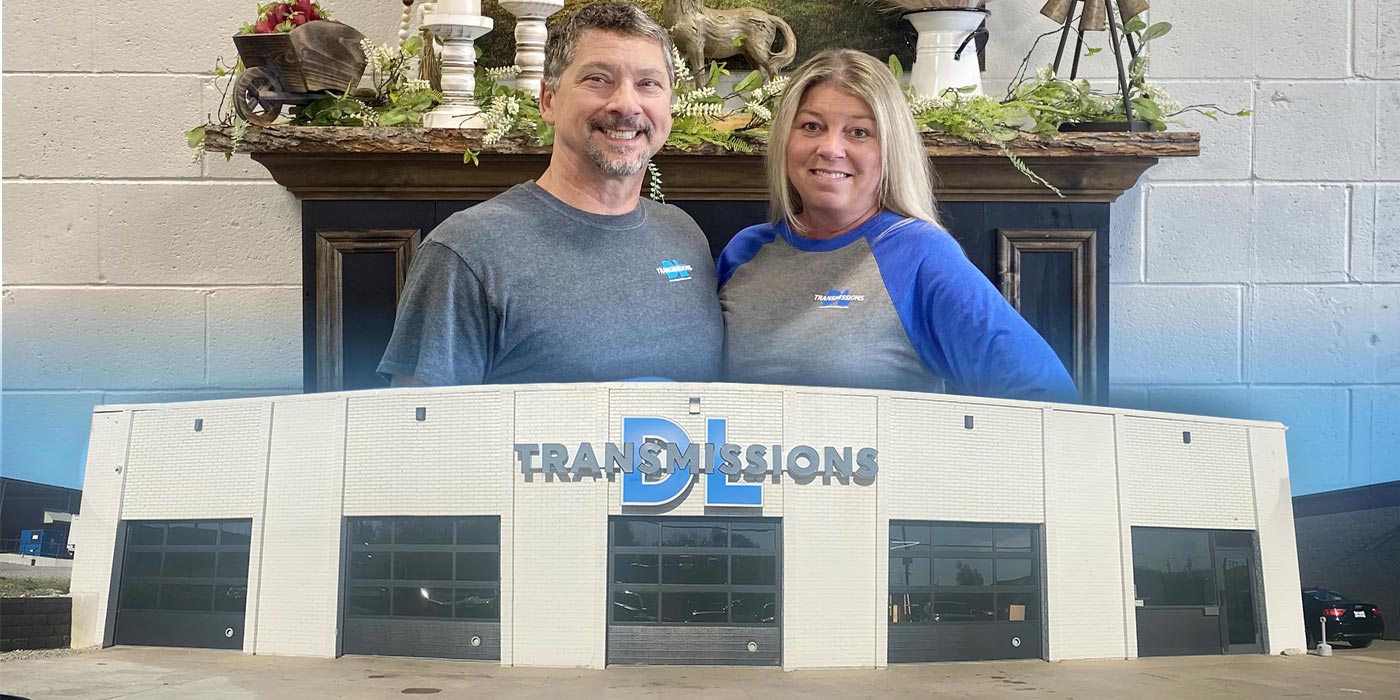
It’s Your Business
- Subject: Relationships between service writers and technicians
- Essential Reading: Shop Owner, Center Manager
- Author: Terry Greenhut, Transmission Digest Business Editor
When I was an elevator mechanic working for Otis about 40 years ago we all had helpers. They would go out on repair jobs with us to carry tools and equipment and lend a hand wherever possible. They ranged in age anywhere from 20 to 60, but most acted as if they were about 10 years old. They bickered with each other, pretended they didn’t know how to do any job they thought might be too difficult or require too much physical labor or brain power and just made a general nuisance of themselves.
My friend Eric changed helpers so often he wouldn’t even bother to learn their names. He would just call them all “kid” as in “Hey, kid, bring that toolbox over here.” He had one who was 30 years older than he was whom he called “kid.” When I asked him why he did that he said, “Because when they work for you they all act like little children, so I call them all kid.”
If you didn’t choose your words very carefully when you asked the kids to do something, they would pout and sometimes disappear for a day or two. Most of them drank, so the disappearing act wasn’t a big surprise. These guys were protected by what was at the time a very strong union so they felt as if they were invincible. Today they would be lucky to keep their jobs at all, what with the line of unemployed workers looking to replace them.

Whenever I see similar situations in the auto-repair business I wonder whether the perpetrators of these acts of ridiculousness know or care how precarious their jobs are and how little thought it would take for an owner to decide to get rid of and replace them with people who act and think like adults.
One situation I’ve enjoyed watching over the past several months involves a lead technician and a couple of service writers. The technician is very knowledgeable and has the tools and diagnostic equipment to support it. His mega Snap-on boxes, filled to the brim with every scan tool, meter, gauge and tool an expert would need, amount to a value of somewhere between $150,000 and $200,000. He’s been not only a technician but for a few years also a manager. He definitely has the credentials to be either a technician, a service writer or a service manager.
For several months, when the shop did not have a regular service writer, our lead technician was writing service along with performing his mechanical duties. I think he got used to the job and really liked it. As the shop got busier the owner decided it was time to hire a dedicated service writer, someone who would take care of customers, check out cars, schedule work, order parts and generally keep the business going.
Although our lead technician went along with the program – claiming to be happy that there was finally a service writer to take the pressure off him – he not so secretly believed he should have been offered the position and was passed over. Because he had such a great value as a technician, it’s understandable why the owner wouldn’t want to make that promotion and lose someone whom it takes five or 10 years and a whole lot of money to train.
The first service writer came in like a drill sergeant telling everyone what to do. He apparently had worked in a shop somewhere out of state that we never could verify and then claimed to have had his own shop as well. His shop didn’t work out because of the usual: Everyone stole from him, nobody followed orders etc. – you know the tune. Playing second fiddle to a guy with no real credentials, who told people what to do instead of asking them, wasn’t going to fly with our technician. He wasn’t about to mindlessly perform repairs just because he was told to. He’d been down that road before, and the number of missed diagnoses and mistakes that caused the shop and him to lose money were unacceptable. After all, a man with a $200,000 toolbox has a level of dignity that must be maintained.
Our technician tried very hard to explain to the new service writer on many occasions that all he had to do was ask him to diagnose a problem and he would take care of it and recommend the proper repairs to sell to the customer. A simple-enough concept, one would think, but the service writer thought that he was a great diagnostician as well, so he wouldn’t ask for help. He would make these diagnoses, order parts and then give the job to the technician. The diagnosis was wrong more often than not, which automatically made the parts wrong and the parts-store guys crazy for having to accept an outrageous number of returns. It also left cars apart on lifts while waiting for the right stuff to be delivered. Production was slowed to a crawl.
Several times over the few months that the service writer was there, the two of them went nose to nose out in the shop. An observer would have thought that punches would be thrown at any moment, and they almost were. It got pretty nasty.
The icing on the cake was that our service writer wasn’t very good with customers. He was so soft spoken they often couldn’t hear him. They had to ask him to speak up or repeat what he had just said. As a result, he didn’t sell many upgrades or additional services.

The shop owner became thoroughly disenchanted and decided to let the service writer go. He had to, before there was bloodshed. He believed he could do the job better himself, and we all knew he could.
About four weeks of writing service had the owner looking for a new writer. One came along, a silver-tongued devil with charm oozing from every pore. The customers, especially the older folks, loved him because he spent time with them and explained everything in what most would say was too much detail. Younger customers and those with automotive savvy didn’t care much for his style but tolerated it. He could sell OK when presented with the opportunity but didn’t give himself enough of those. He thought it was OK to put off selling certain services until maybe the next time the customer came in. He wouldn’t ask for the entire order so, of course, he couldn’t get it.
He’s another believer in prediagnosing, which drove our technician crazy, but the biggest issue was the waste of the technician’s, the shop’s and the customer’s time. By not selling everything, or at least trying to, he was forcing customers to come back more often and causing the technicians to make too many unpaid moves.
Of course, it didn’t take long before those two went nose to nose. There was a whole lot of “Don’t tell me what to do”; “Take care of your own business”; “Ask me before you sell a job”; but the classic, the one that still might bring them to blows one day if they both continue to work for the shop, is this: Whenever the technician was asked to check a vehicle from bumper to bumper and report, his recommendations would always be questioned. If he said the car needed rear brakes the service writer would ask, “Well, how worn are they?”
To the technician that’s an insult. It’s as though his judgment or integrity is being questioned. Of course, the service writer doesn’t see it that way. He thinks he’s asking for useful information and can’t understand how the technician could be so upset with him.
The technician, being a bit of a smart aleck, has now decided to play the game a bit differently. Instead of getting angry when he’s second-guessed and asked, “How worn are they?” he just throws out some off-the-wall percentage like, “They’re 86% worn.” You would think that after a while the service writer would get it and stop asking, but he doesn’t. Now I don’t know whether he cares how worn the item is or just asks the question to be obnoxious, but either way it makes for very tense and intense workdays.
Who’s right and who’s wrong? Will they ever be able to reach a compromise? Will they ever grow up? Who will stay and who will go? We’ll just have to wait and see how this one plays out.

Terry Greenhut, Transmission Digest Business Editor. Visit www.TerryGreenhut.com.













